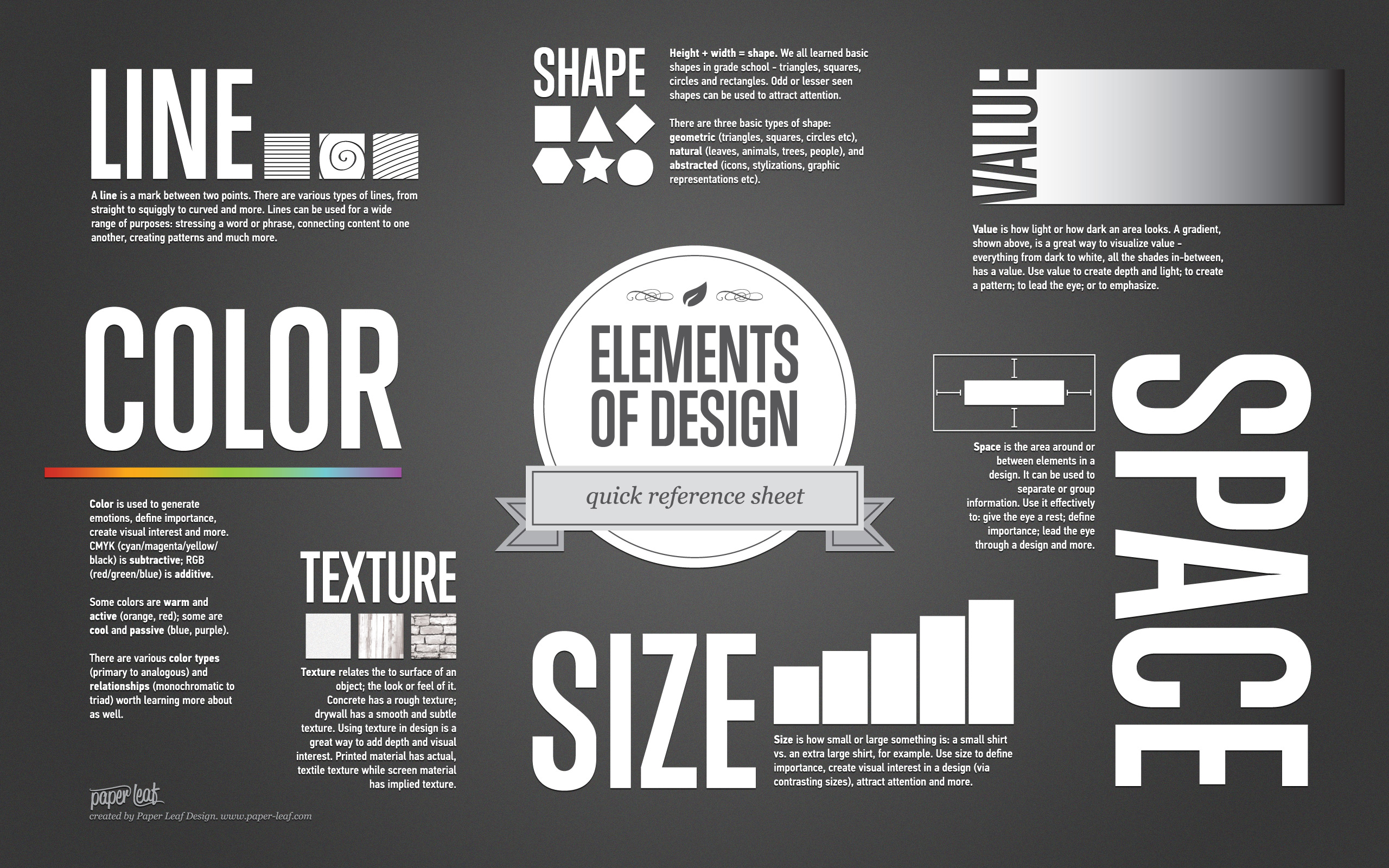Graphic design is a course of combining texts and graphics in order to develop an interactive work of art. Designers achieve their purpose by utilizing the elements and principles of graphic design. In today’s world, graphic design has a greater percentage of influencing us. Everywhere we go, anywhere we look, there are graphic design materials – from posters, signs, newsletters, billboards – practically everywhere.
I guess everybody longs to be a creator of a masterpiece. Sounds difficult, but actually it’s not. Even those who have no formal graphic design training can improve their page layout and text compositions through enhancing their concepts of design basics and modern desktop publishing. Though individual lessons can be taken, I strongly recommend the book Elements of Graphic Design authored by Alexander White.
Alexander White is an expert in graphic design. He has shaped the visual design of nineteen magazines and twenty identity programs. White was also a consultant to numerous publications, art directors and editors. He was formerly a teacher in design at the Hartford Art School of the University of Hartford. He has taught there for about fifteen years. He has also lectured on typography and design to professionals in corporations and at conferences. He is currently residing in New York City.
White’s The Elements of Graphic Design Space, Unity, Page Architecture and Type is an approach page design in an avant-garde way. In contrast to other graphic design books, this book reveals the secrets of successful graphic design from the perspective of the “white space”. The book sheds light on art, design and architecture and how they are to be associated with the design elements. It also demonstrates how white space can give sound typography or shift the burden of a page. Comments are also presented by White to ensure interactive designs, thought-provoking captions and scores of illustrations to challenge designers to ”think out of the box” and not be limited by what is presented.
The book also describes the five elements of design – lines, shapes, mass, texture and color. It gives instances on how to balance the elements and create unity or proximity. Other important principles are alignment, repetition or consistency, contrast and “white space” or the art of nothing. Grab a copy now to experience the things that amused designer’s fancy.
